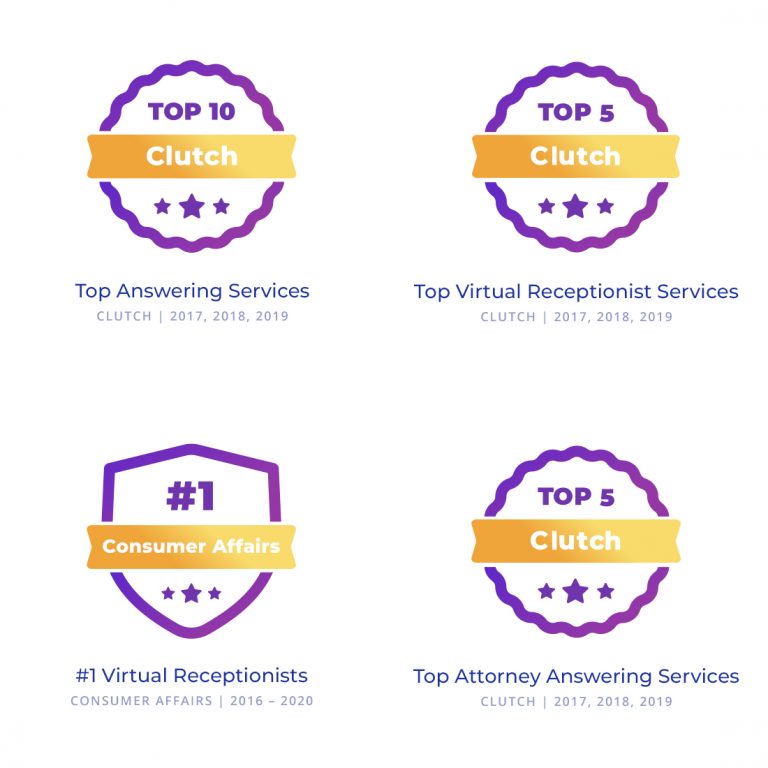Ever get frustrated with those that call in sick a little too often? I hear you! Those who abuse their sick days often dump their work on the rest of the staff. This can build up resentment, and cause many projects, orders, meeting, etc. to be pushed back, rescheduled or business that isn’t attended to.
Sick leave has become a major issue that companies face. To mention one issue: What do you do if an employee abuses their sick leave? Are you overall frustrated that you have to do their work for them, or are you really worried that them coming back will spread their illness to the rest of your staff? Let’s dissect sick leave a bit more.
The burden
The fact of the matter is, sick days delay work and cost companies a great deal of money. Mindtools.com weighs in, “They create stress for other workers, who must make up for lost productivity. And, because other people may need to work overtime to make up for the time lost, they add to overtime bills.”
Additionally, those who call in sick can really affect small companies that may only have 3 or four employees. Usually that means that either yourself, or other members of the staff have to do more work on top of what they are doing.
Causes of excessive sick leave
There are really only two main reasons for an employee to be missing work consistently. So, your two top options are most likely a) there is a major illness (which you should address & try to accommodate for) or b) the abusers (the ones who don’t want to come in).
Approaching your employees
So, here is one approach to addressing these employees. Ask A Manager’s, Alison Green, wrote a dialogue response to one of her readers in her article, “How to Deal With an Employee Who Takes Too Much Sick Leave.” So if you have time, stick around for the read.
Ms. Green states, “You can’t get into the business of deciding whose excuses are legitimate and whose aren’t, or whose headache was really severe enough to stay home and whose was minor enough to come in. That’s not your job. Your job is to ensure that you have a reliably present workforce.
So you need to do the following:
- Say this to the employee immediately: “You’ve been missing about one day every three weeks. We need to be able to count on you to be here reliably. While certainly things come up from time to time, the frequency of these unplanned absences is too high. Going forward, we need you to be here reliably, every day, except in the most extreme of circumstances. Can you commit to doing that?”
- If the employee says that she can’t predict when she’ll get sick, then say: “I understand. But we can’t run a business well if you’re unexpectedly missing work every few weeks. We need someone in your role who will be here reliably, every day, except on very rare occasions. If you’re not able to do that, I understand, but the job does require it. From this point forward, I need you to be here reliably every day. If you continue to have unplanned absences at this rate, we would need to fill your job with someone who can commit to regular attendance.”
- From there, stick to it. If she continues to have unplanned absences at a rate that you find unacceptable, you need to enforce consequences.
(Now, obviously you use some judgment here. If this is a long-term employee whose work has always been good and this is a recent problem, you express concern and ask what’s going on, and you’d probably go the extra mile to try to find a solution.)
- Stop letting people take leave time that they haven’t earned, so that you don’t find yourself in a situation where an employee “owes” you time — because you probably can’t collect on that money if they leave before it’s been paid back.
If someone needs time off and hasn’t accrued the leave yet, they need to take that day unpaid. (And you need to enforce this consistently across the board, so that you’re not letting one person do it and not letting someone else do it.)”
It can be tricky when dealing with sick days. My advice is to be conscious of the amount of sick days you provide and the regulations you set because it can give an employee a lot of leeway when it comes to taking their sick leave and vacation time.

